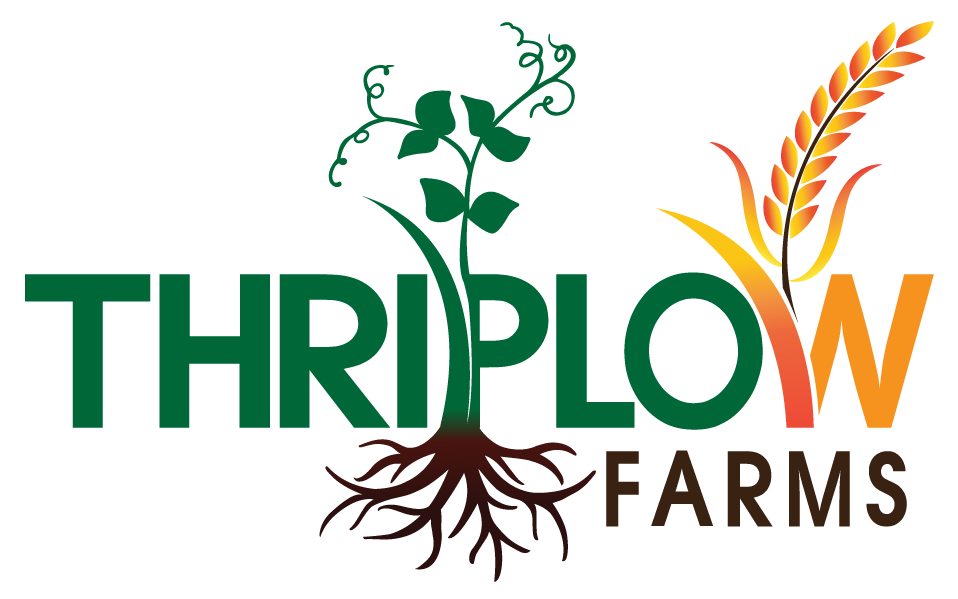#isglyphosatevital
Here's a column I wrote recently, which is being published in the Farmers Guardian today:It’s impossible to go onto Twitter at the moment if you’re a farmer without having your screen melt down with one of the most extreme examples of preaching to the converted that I’ve ever seen; the campaign to save glyphosate from being banned by the EU, and the hashtag #glyphosateisvital. All of us farmers are loving spending hours telling each other what a disaster we’re facing - and for good reason. We use plenty of of the stuff, it’s a key part of the way we work, and losing it in the future would be a massive shock to the system; I personally believe it would be worse not just for my pocket, but the environment as well.However, I can’t help but feel very uneasy with the way my farming comrades are getting more and more shrill and hysterical by the day. Firstly, I’m going to have to go all literal. The definition of vital is ‘absolutely necessary or essential’, and clearly this is not actually true for glyphosate. It was invented only a few decades ago, and I’m told on good authority people managed to farm before then. Even today, rumour has it that there are successful farming systems that work without glyphosate, some even say they produce better quality food as well. So really, it is fairly clear cut that glyphosate is not actually vital at all. Trying to pretend otherwise is no better than someone else claiming it is highly toxic and gives puppies cancer. Staking out the ‘scientific evidence’ high ground is a great idea, but please let’s not undo the good work by letting the hyperbole get out of control.Secondly, I’ve got to take issue with the message of “we can’t keep on farming like we do without glyphosate”. Twitter is full of the Conservation Agriculture Brigade showing us how the ground nesting birds love not being disturbed by cultivating their nests every year, or how their cover crops are putting carbon back into the soil, and that’s great. I love it. But this type of farming is a real minority in the UK, and let’s face facts here; there are some really bad farming practices going on as well - not that anyone will admit to it - and most of these will also be making heavy use of glyphosate. An example of this might be the countless times I have seen someone complain that their farm would be over run with black grass if they couldn’t use glyphosate. When I hear this, I can’t help but think of the old Einstein chestnut, “Insanity is repeating the same mistakes and expecting different results”. Well perhaps it is time to think about how a farming system can be made better to get around around our problems, rather than hammering the same pesticide buttons over and over again each year? No matter how benign this chemical is, our total reliance on it is not a place we should be aiming for, and publicly using this addiction as a justification is a circular, unproductive, and slightly embarrassing argument.So next time the blood begins to boil as another celebrity calls for signatures to ban your favourite pesticide, don’t be tempted to crank up the hyperbole generator, and don’t start shouting how you need your drug fix like you’ve always had before. Behave like a grown up, and stick to the facts. Is glyphosate safe? Probably. Can it allow us to farm better? Yes. Is it vital? No.
